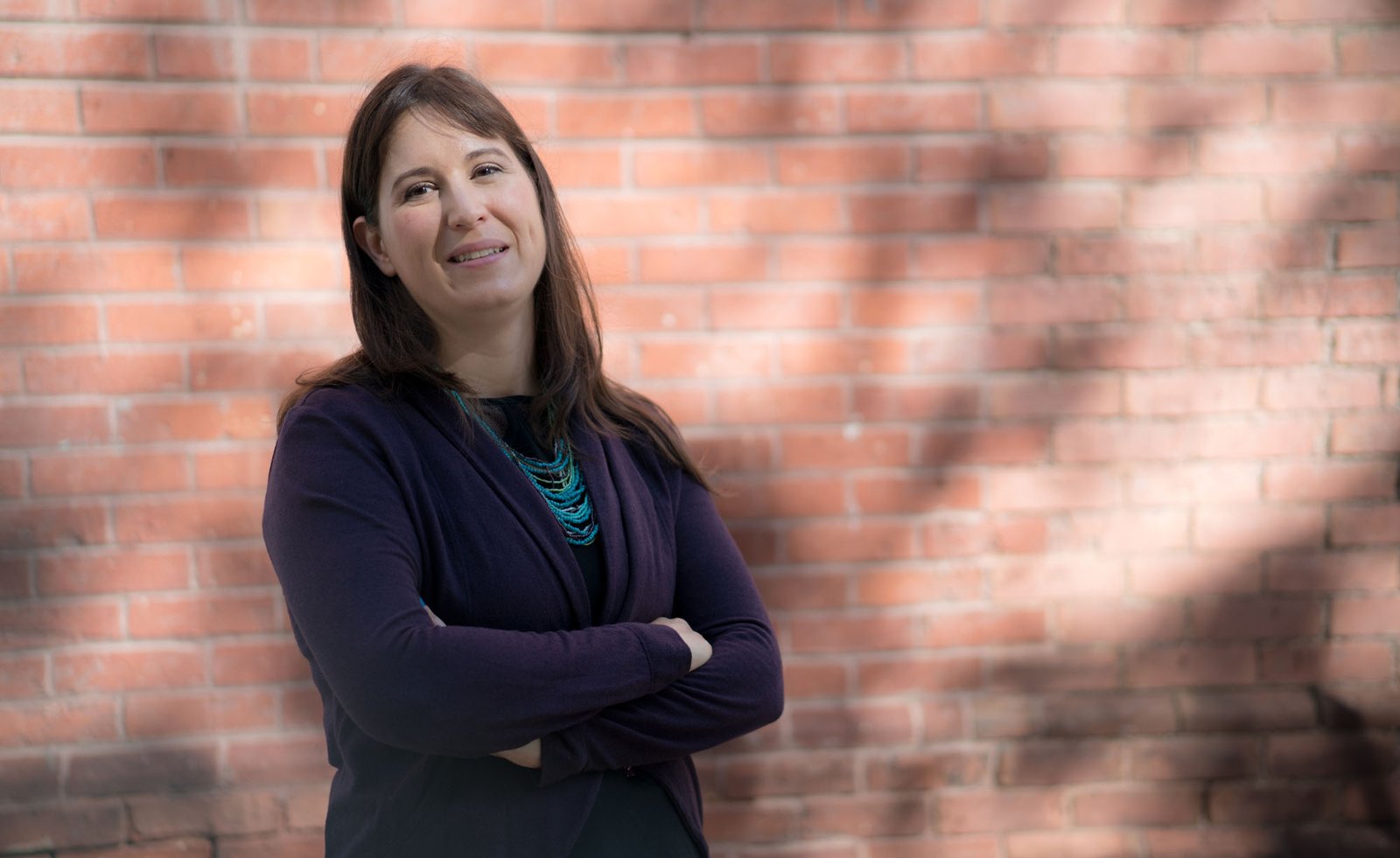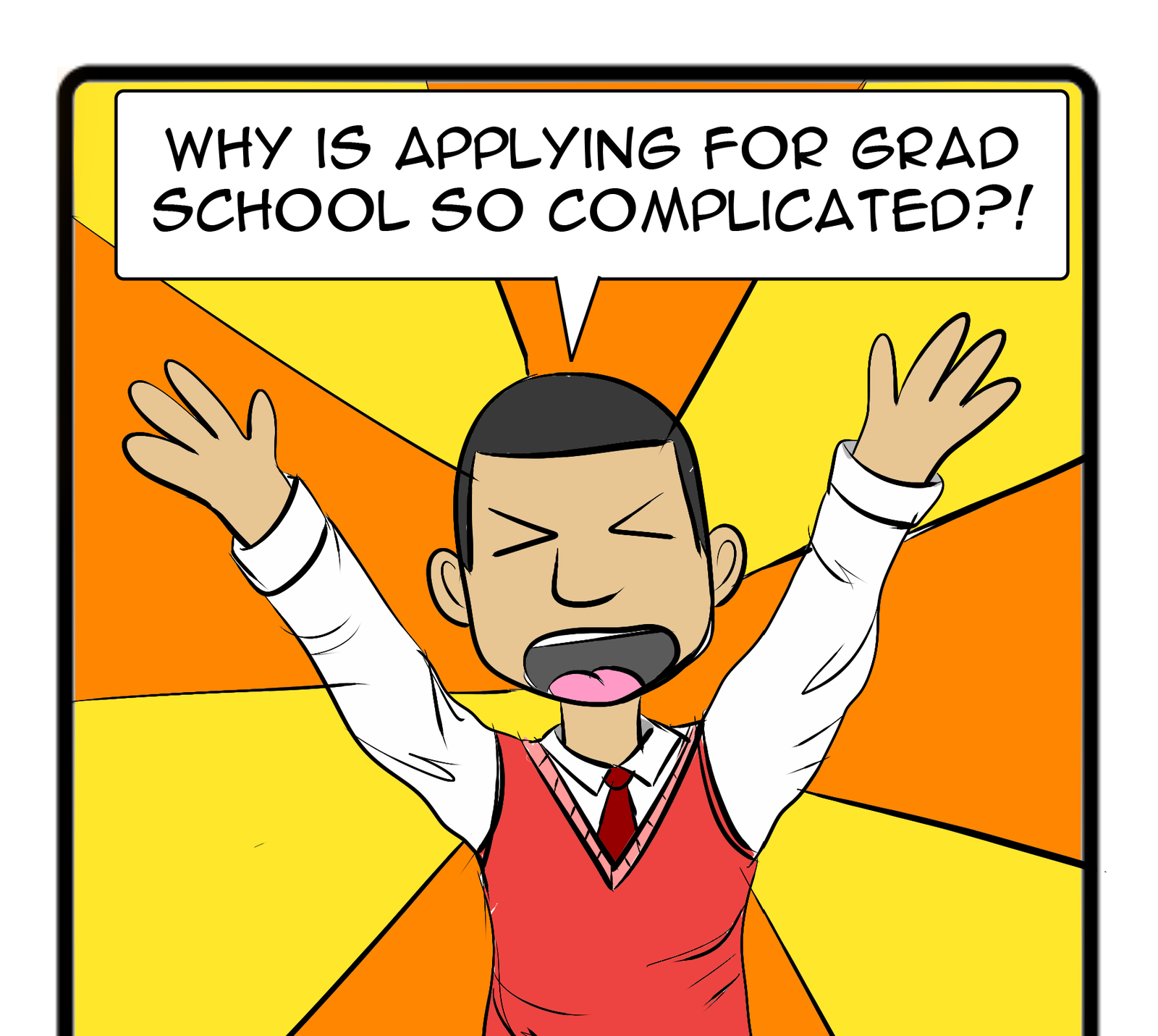Lisa Pfau is the founder, CEO, and Sr. Coach at PFAU Academic Writing. We discussed how she came to be an entrepreneur, writer, coach, and teacher. We also talk about her own experiences writing papers and applying for Grad School, and how she uses those experiences inform the coaching she provides to clients. As the economy continues to be hit by COVID, investing in further education is a great use of your time and energy.
Lisa currently assists high school, college, and university students to improve their research in writing skills through a combination of individual coaching sessions and writing courses. Lisa cares deeply about her students and PFAU team members, viewing success as a collaborative effort where everyone learns from and grows together. She feels grateful to wake up each morning, and use her creativity and passion for learning to build something meaningful.
_
What inspired you to take this career path?
_
I kind of stumbled into teaching. It was something that I was always doing – helping a friend or classmates with an essay – until eventually I became a Teaching Assistant in my Master’s degree and began to tutor high school and college students on the side. It was at this point that I realized there was a real deficit in solid writing skills, and educational supports to guide students in the art of writing. Still, since I enjoyed teaching and editing so much, I didn’t really consider it a career until I underwent a really difficult life transition and really had nothing to lose in starting my own academic coaching business – something that had been on my mind for quite some time, but that I never really took seriously.
_
What are you favorite aspects of teaching students?
_
My favorite part of teaching is the relationships that I build with my students. I love seeing them succeed and gain confidence in their own special skill set. For example, one of my long-time students, who original came to me because he was failing his classes and had been put on academic probation, was just accepted into the Toronto Police Service and started training this month. I had the honor of being one of his references, and it was such a treat to reflect on how far he has come. It was been inspiring to watch him over the years improve not only his research and writing skills and graduate with an A- average, but also to see his overall growth in confidence and work ethic. He had a dream, and now he is making it happen. I couldn’t be prouder!
_
What do you think is currently lacking in the current education system?
_
When I took my first TAship at the University of Toronto, I failed a bunch of students because of their poor writing skills. The Professor told me that I had to raise everyone’s grades by one whole grade point average, and that I needed to lower my expectations given that Grade 13 in Ontario had recently been discontinued. The results were good for the students in the short-term, but that moment sticks in my memory as I wondering about the long-term impact of such leniency. I am still grateful for the predominantly red marked up thesis drafts that I would receive from my Undergraduate supervisor because of how much it taught me to be more mindful in my written communication. I know that we focus a lot on presentation skills and oral communication, but writing is such an important skill set that is often overlooked. I mean, most people are online for the majority of the day, and a huge percentage of content is written, even the videos that we love are often scripted ahead of time. So, to give a long-winded response – I think attention to fundamentals of written communication and critical thinking are overlooked, especially in high school.
_
What kind of help can students expect at PFAU Academic Writing?
I think the best way to find out the true answer to this question would be to ask one of my past or current students, but I will try to answer this. I think I see each students an unique individual, and as such, I try to provide the resources and support necessary to help each student succeed in achieving their individual goals – whether it be passing a class, getting an A, graduating university, getting into a great school, or gaining and marketing their transferable skills in order to get a job. I still find this the hardest question to answer because honestly at work I am just myself – Lisa P. I just sit down, figure out what someone needs to succeed, and put a plan together to make that happen, and then, get on the ride with them and help them along the way when gaps show up. So, I suppose a student can expect compassionate, kind, inclusive, professional (I do know my stuff – or so I’ve been told), and individualized support with a focus on getting results.
Lisa’s Book Recommendations and Resources
The Adventues of Huckleberry Finn by Mark Twain
_
Thank you, Lisa, for sharing the excellent advice with us and our readers!
_
Missed the podcast? Listen here:
_
_
For more advice about writing, check out our weekly podcast or subscribe to our monthly newsletter.
_
To get more help with your assignments, book a 20 minute discovery session with us and start your journey to reaching your full potential on the page, and in life.







